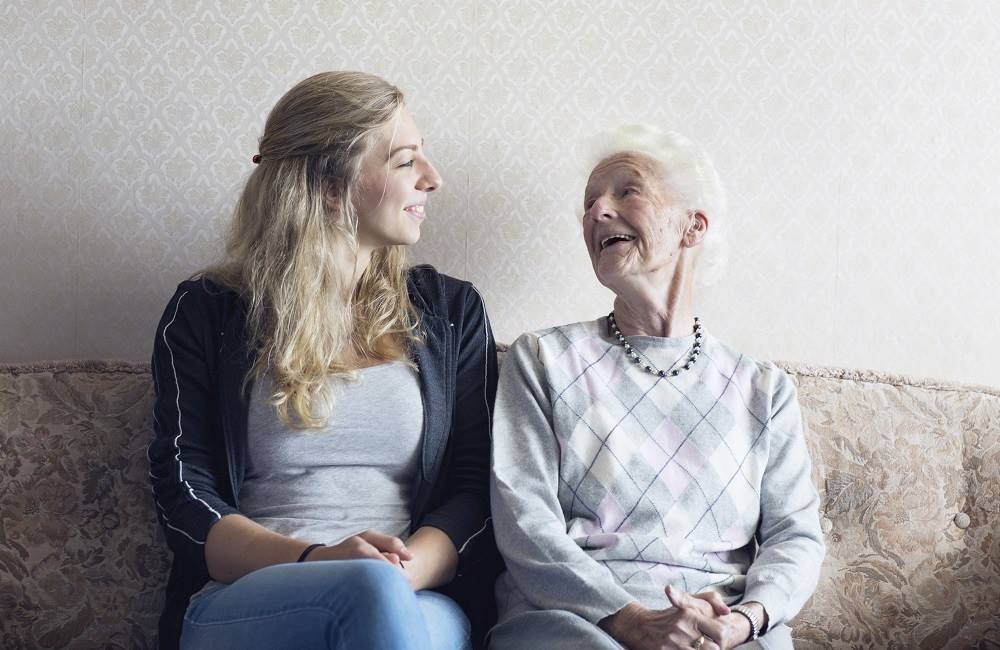Millennials Make Up More Than A Third of Caregivers

Millennials make up more than a third of all caregivers in the United States, a new study has found.
Members of that generation – born between 1979 and 2000 – also are more likely than others to provide caregiving to grandparents. Many also do the same for children.
The new findings come from a just-released study from the nonprofit foundation TransAmerica Institute. The survey, conducted in 2017, includes information gathered from more than 3,000 people who work as nonprofessional, unpaid caregivers.
The study has many key findings, perhaps none as surprising as the fact Millennials are among the highest percentage of caregivers when compared to other generations.
Findings On Millennials
The study separated the generations as follows: Millennials (born between 1979 and 2000), Generation X (born between 1965 and 1978), Baby Boomers (born between 1946 and 1964) and Matures (born before 1946).
According to the survey, the percentage of caregivers by generation is:
- Baby Boomers (37 percent)
- Millennials (34 percent)
- Generation X (22 percent)
- Matures (7 percent)
The study also found that 21 percent of the Millennials are providing care for grandparents, while 14 percent are providing care for children. Members of that generation had the highest percentage in both of those categories.
Issues With Work
Of all those surveyed, Millennials reported having the most issues with balancing work and providing caregiving.
Of the Millennials surveyed who are employed, 44 percent said that some type of “adverse action” has been taken against them by an employer. That’s far higher than the overall percentage of caregivers who reported the same issue, which stood at 28 percent.
Millennials and Generation Xers are also the most likely caregivers to hold down a full-time or part-time job.
Overall, 76 percent of caregivers said they had to take action at work to perform caregiving duties, including using vacation time, sick days and in the most extreme example, having to quit their jobs.
Millennials also ranked high – at 16 percent – among those who said they took on caregiving duties because “no one else was willing to do so.”
All of this can add up to a tough situation for young people taking care of aging grandparents, parents and also children. That’s yet another reason why Hope Grows offers support for caregivers, giving them a place to seek respite from the stress of their day-to-day lives.
Taking On Caregiving
Perhaps one of the most interesting parts of the survey indicated that 69 percent of all caregivers, include Millennials, gave “little to no consideration for their financial situation” when they decided to take on caregiving duties.
Those duties prove substantial. They include household chores, paying financial bills, transporting the care recipient to and from doctor’s appointments, cooking and helping with basic activities such as bathing.
The most common health conditions of care recipients include arthritis, dementia and/or Alzheimer’s disease, high blood pressure, diabetes, depression and anxiety.
